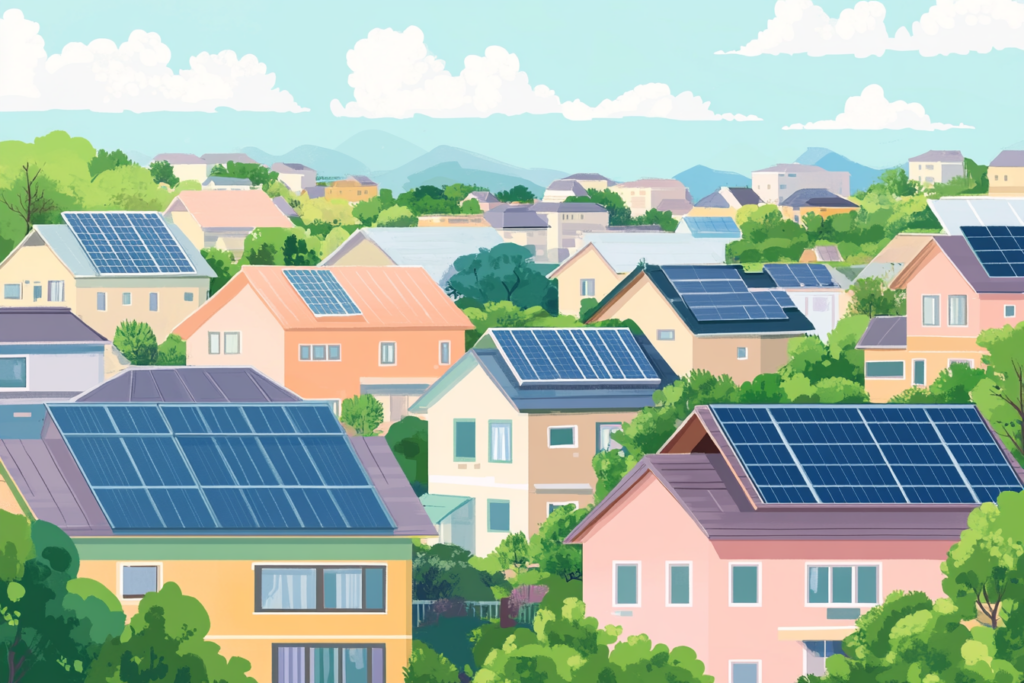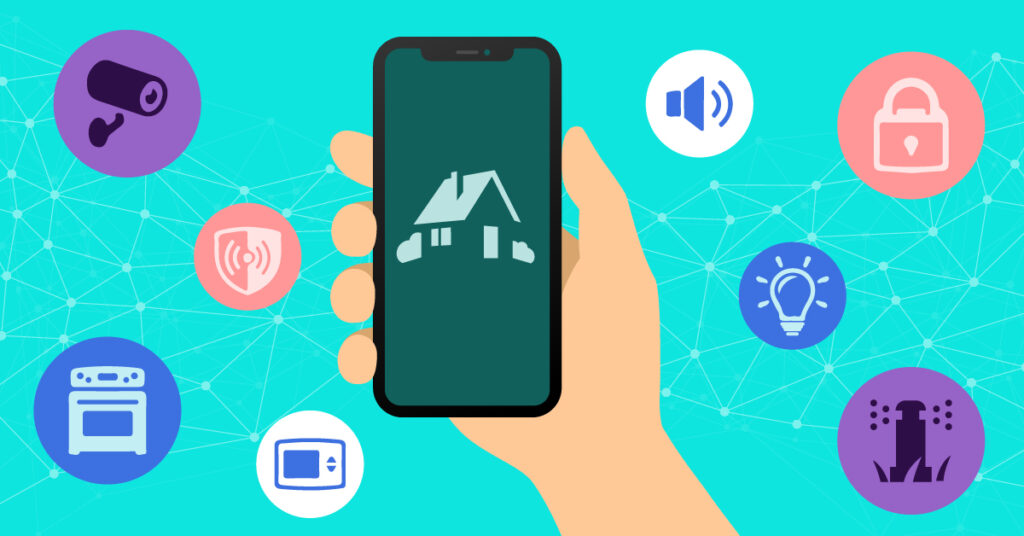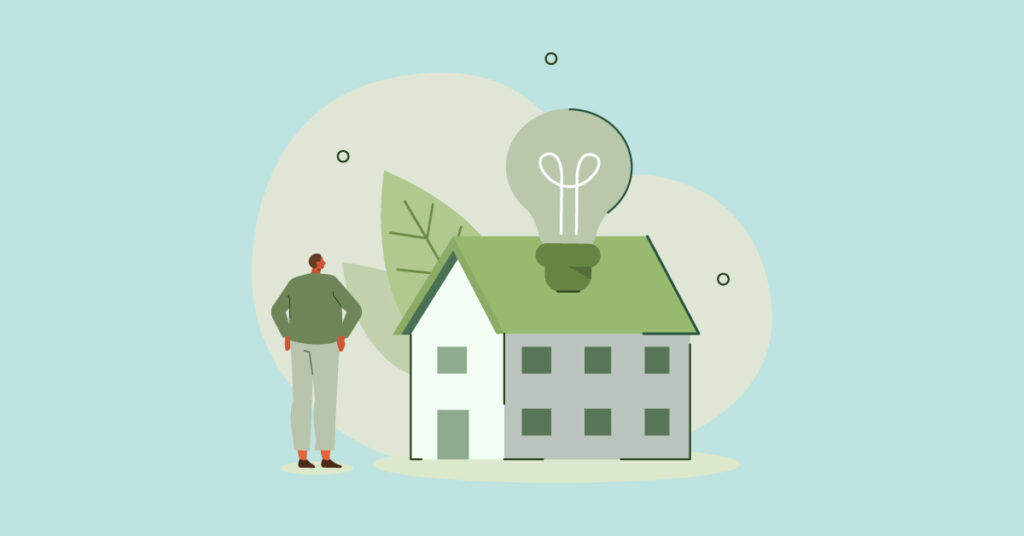By now, you’ve probably heard about all the benefits of solar energy. It’s environmentally friendly, can reduce your energy bills, and can increase the value of your home. Seems like the perfect investment, right? Well, unfortunately, solar isn’t ideal for everyone. Your house—or you—might not be the best candidate for solar panels. So, before you commit to a solar installation, you need to understand if it’s the best decision for you.
And you’ve come to the right place for answers.
We’ll cover all the critical factors you must consider before purchasing and installing solar heating solutions in your home.
7 Factors to Consider Before Installing Solar

1. Sunlight Exposure
The most critical factor for a solar panel project is understanding if you have the proper sunlight exposure for solar panels to work efficiently. You’ll need to evaluate the following:
- Location: Do you live in a climate that generally gets a lot of sun? California, Arizona, Florida, Texas, North Carolina, Nevada, New Jersey, Georgia, New York and Massachusetts are the most solar-friendly states.
- Roof Orientation: Ideally, your roof should partially or wholly face south for maximum sunlight exposure.
- Shade: You want to ensure your home isn’t covered by tons of shade from nearby buildings or trees.
2. Roof Characteristics
You’ll also need to ensure your roof is well-suited to support solar panels and maximize efficiency. Some of the roof characteristics you’ll need to consider are:
- Age: If your roof is older and will need replacement soon, you should delay installing solar panels.
- Slope: Solar panels are most efficient on roofs with a 15 to 40-degree slope.
- Structure: Some roofs aren’t built to support much additional weight. Your roof must have the structural integrity to support the solar panels without breaking.
- Space: Consider if your roof has the shape and space to fit solar panels.
- Roofing Warranty: You may want to check that installing solar panels won’t void your roof warranty.
- Water Runoff: Many roofs are designed so that rain pours down the roof and through the pipes. The installation of solar panels may disrupt this process. Luckily, your solar panel installer will likely notice this and have a solution for you, as this is a common problem.
3. Energy Consumption
Next, you’ll want to evaluate how much energy you consume so you can get a solar energy solution that fits your needs. Look at your previous year’s energy consumption to see your daily average. This information can help you determine how large of a solar panel system you want. Someone with high energy needs (a large family or a large home) might want to add solar batteries so their system can store more energy.
Ultimately, if you’re going to invest the effort and money in installing solar, you want to ensure it covers a large majority of your energy needs.
4. Financial Investment
Solar panels aren’t cheap. The average cost of solar panels in the US is just a little over $16,000 for a 2,000-square-foot home. Ultimately, when looking at this financial investment, you need to consider a few things:
- Budget: Get some quotes to determine whether you can afford the size of the solar panels needed to support your home.
- Lease or Purchase: Decide if you want to lease solar panels or purchase them as a permanent investment in your home.
- Finance or Pay Upfront: Many companies offer financing if you can’t afford to pay for the solar panels and installation upfront. However, this financing usually comes with interest, so you have to calculate that additional expense into your overall budget.
- Tax Credits and Rebates: Depending on where you live, you can take advantage of solar rebates and tax credits at the federal, state, and local levels. It’s essential to do your research into each of these so you can understand what you’ll qualify for. If you’re receiving thousands in incentives, your solar project’s total price might be much lower than you initially expected.
5. Return-on-Investment (ROI)
Speaking of finances, you’ll also have to consider the return on investment for this project. This can be a complicated concept because there are many angles to consider. You’ll want to review the following:
- ROI: It takes the average solar panel owner in the United States between 5-15 years to see a return on their investment from solar. Your solar payback period is the time it takes for you to cover your investment solely from the energy savings you get on your utility bills. So, while this ROI is important to estimate, you should note it doesn’t consider other factors, such as the increase in your home’s value.
- Longevity: How long do you plan to stay in the house? If you move in just a few years, the time and money invested into this might not be worth it.
- Home Value: Solar panels can increase your home’s value. A recent Zillow study unveiled that homes with solar panels sold for 6.8% more than comparable homes without solar panels.
- Quick Resell Value: Additionally, there’s some evidence that homes with solar can sell faster. It’s hard to put a price on this benefit, but it’s undoubtedly a positive advantage.
All of the above factors must be considered when deciding whether the total cost of investing in solar panels (including installation and maintenance costs) is worth it.
6. Maintenance Requirements
Generally speaking, solar panels don’t require too much maintenance. They do require occasional wiping, though. A dirty panel is less efficient and will not produce as much energy.
Still, climates that see a lot of dust or snow may require more maintenance than others.
So, you must ask yourself if you’re willing to get up on the roof and do that maintenance yourself. If not, the cost of hiring someone to do solar maintenance should be considered in your financial review of the project.
7. Local Sell Back Programs
Your solar panels will work hard for you and often acquire more energy than you need. You can choose to store that energy and use it later, such as at night or on rainy days. Or, there may be a local program that allows you to sell that extra energy back.
If you’re potentially interested in selling excess energy, ensure you know your local program’s details. You should know how it works, what the regulations are, and what the rate will be. Once again, this adds a layer to your financial considerations for the project.
The Future is Solar
If you’re thinking about solar, you’re likely already a solid candidate for it. However, some things might delay you from taking the leap (such as waiting to put on a new roof or saving up some money first).
This is a significant investment, but it comes with many benefits. It’s important you take this big decision seriously and do your homework. Understanding if you’re the right candidate for solar will help ensure you get the most you can from your panels.
You might also be interested in: Community Solar: Sharing the Benefits of Solar Energy




